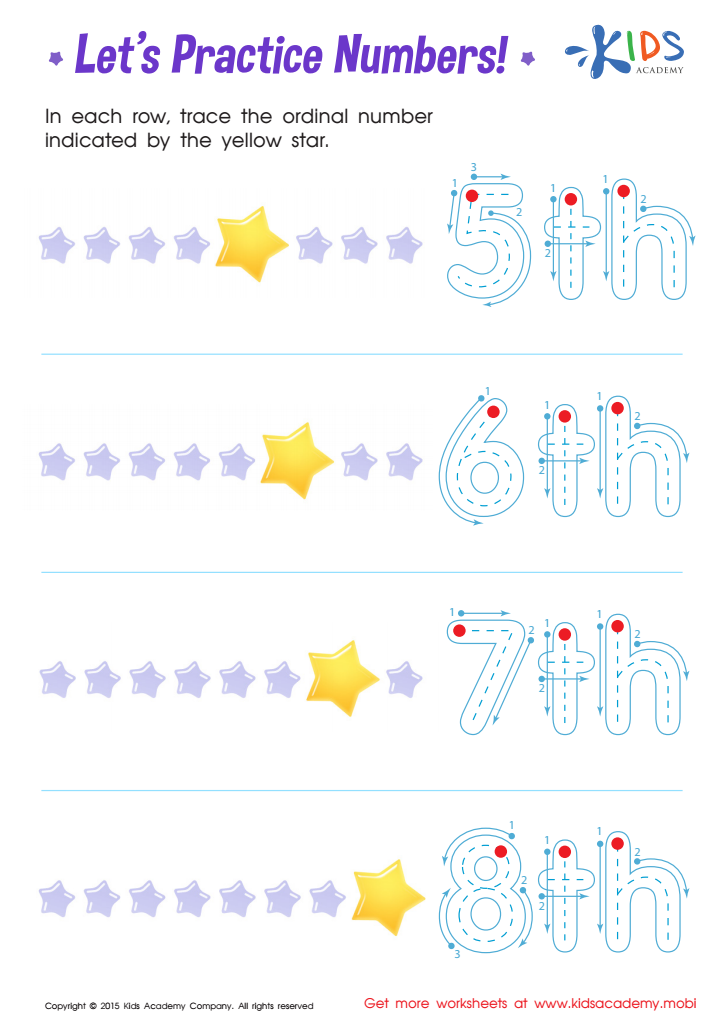Number Recognition Tracing Numbers Worksheets for 4-Year-Olds
28 filtered results
-
From - To
Discover our engaging "Number Recognition Tracing Numbers Worksheets for 4-Year-Olds"! Perfectly designed to capture the curiosity of young learners, these printable activities help children master number identification and handwriting skills. Through fun tracing exercises, kids learn to recognize and write numbers independently, building essential early math foundations. Each worksheet features visually appealing designs, fostering a positive learning environment. Tailored for toddlers' developmental stages, these worksheets ensure an effective and enjoyable educational experience, promoting confidence in numeric skills. Visit Kids Academy for these and other enriching resources to support your child's educational journey!
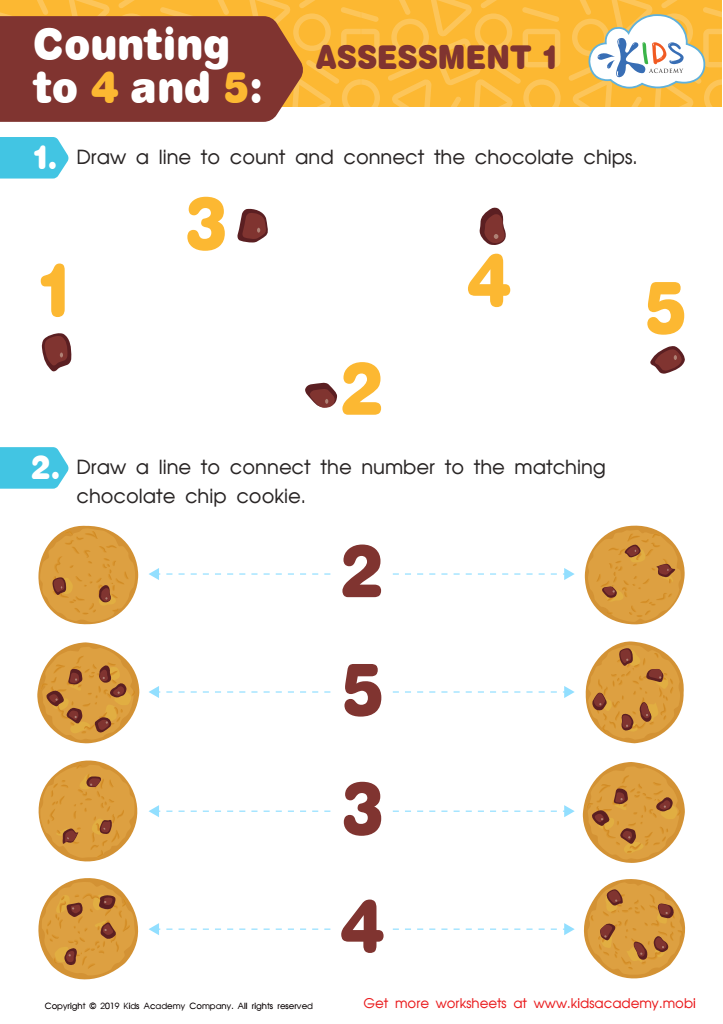

Counting to 4 and 5: Assessment 1 Worksheet
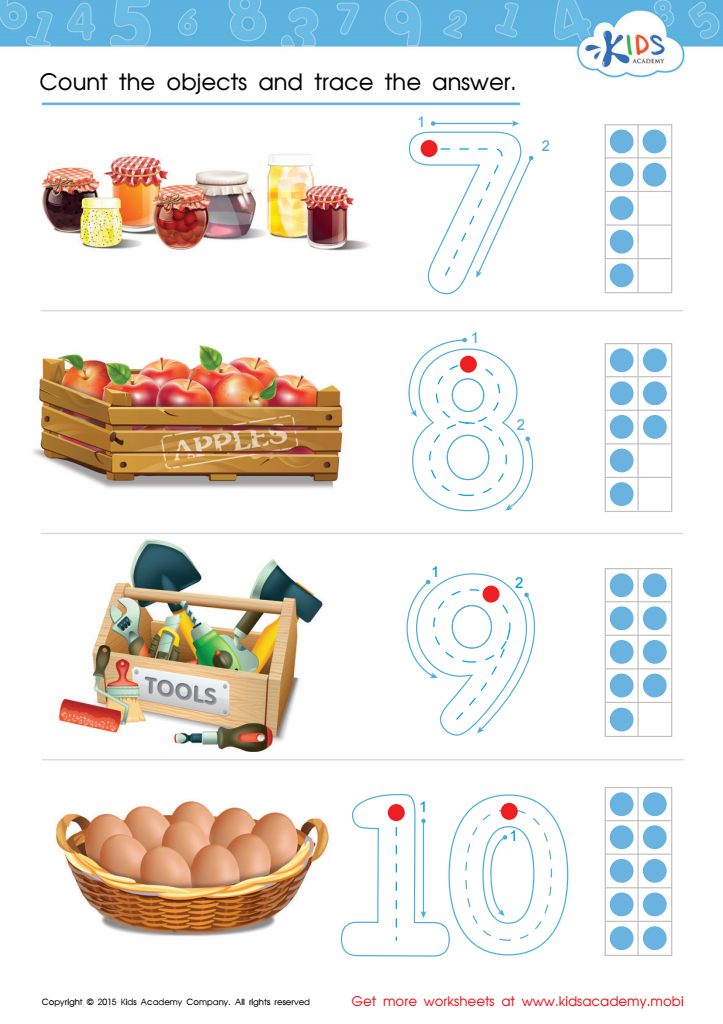

Count and Trace 7 – 10 Worksheet
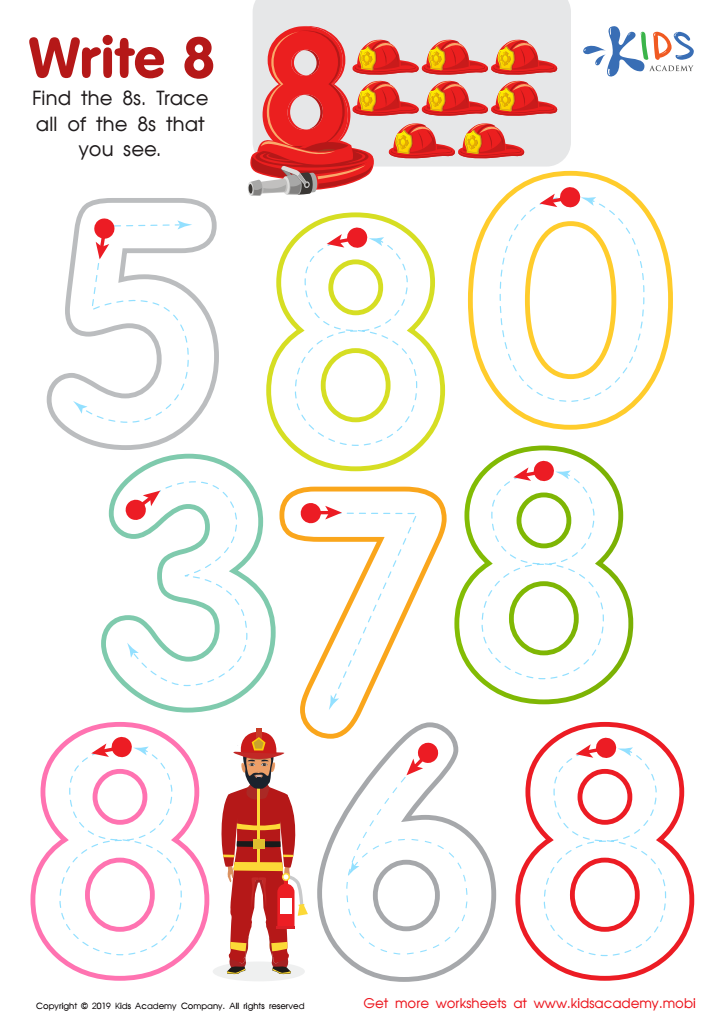

Write 8 Worksheet
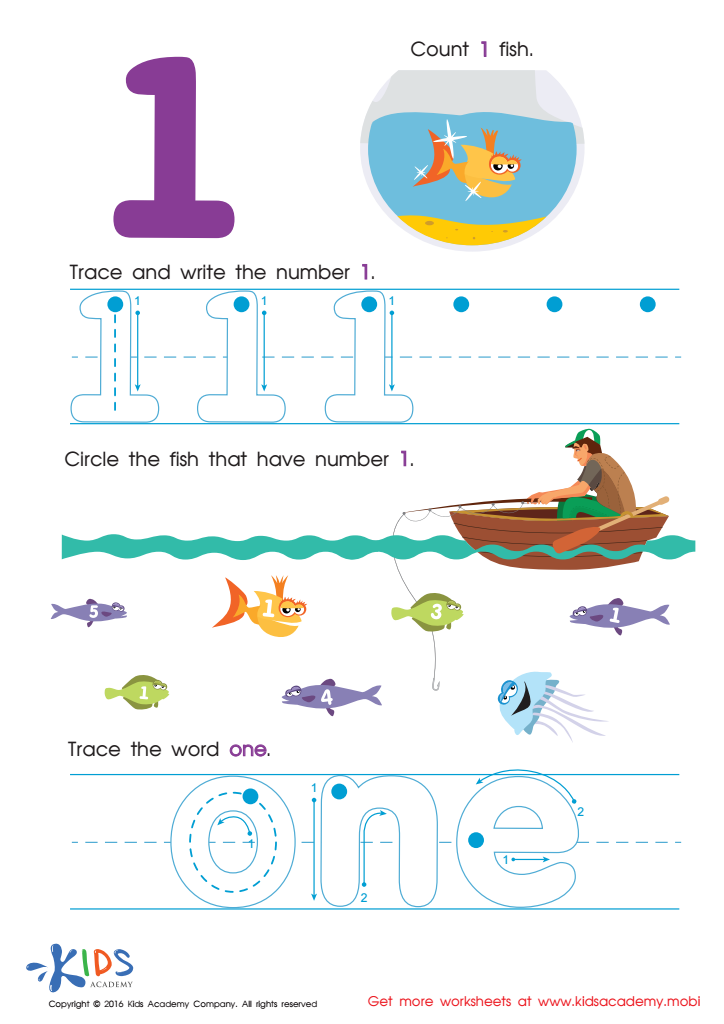

Learning to Write 1 Worksheet
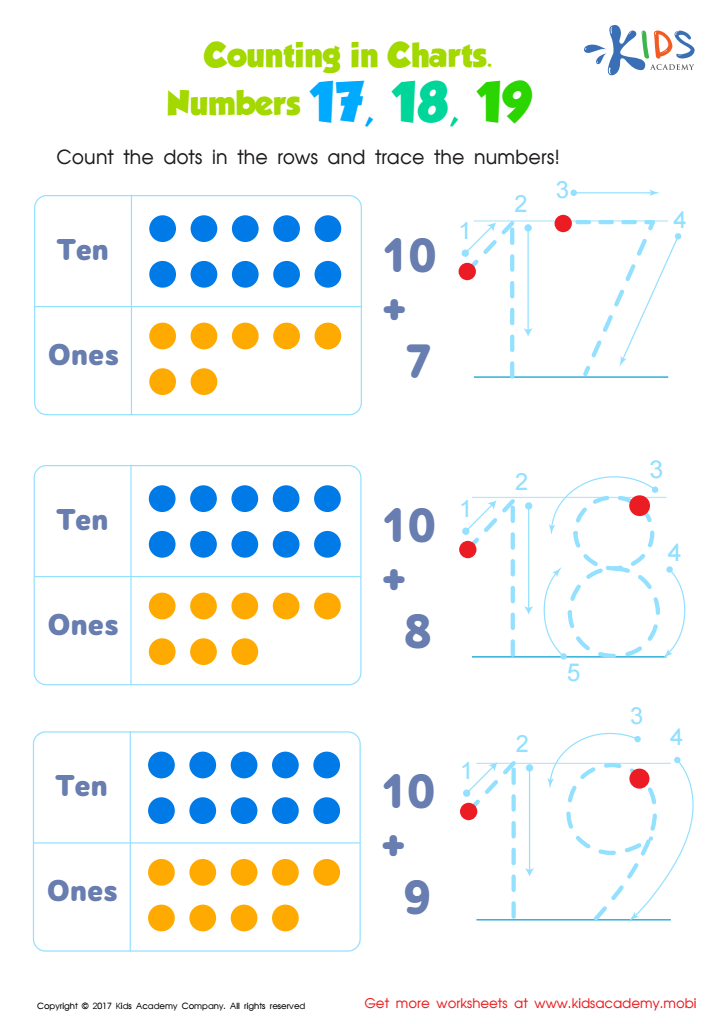

Kindergarten Number Tracing: Counting in Charts Worksheet
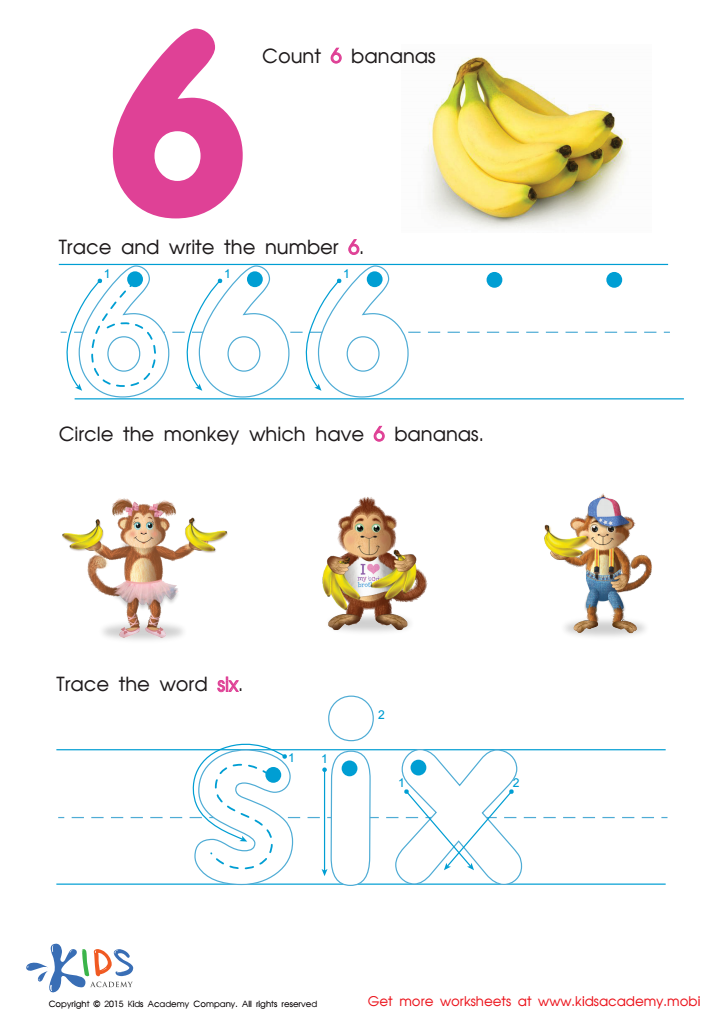

Tracing And Writing Number 6 Worksheet
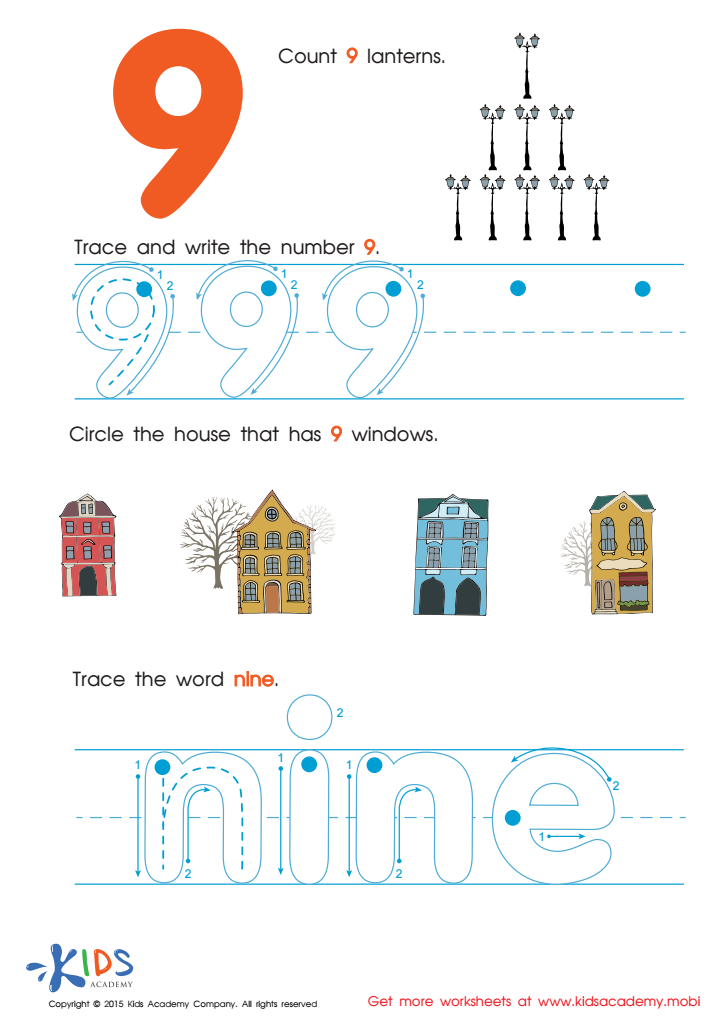

Tracing And Learning to Write Number 9 Worksheet
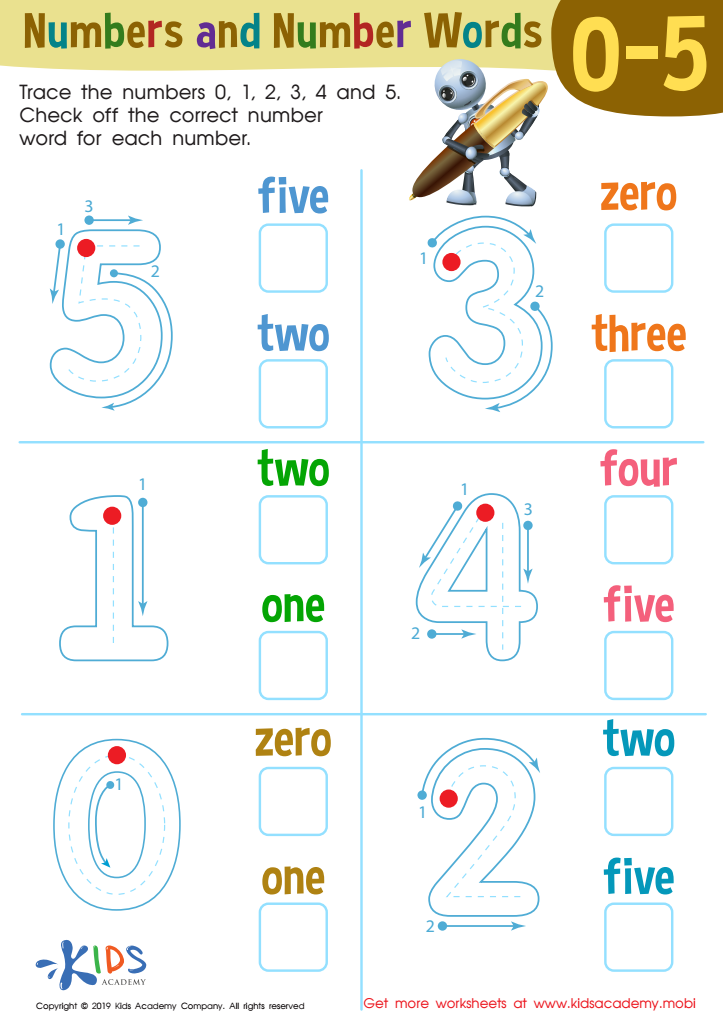

Numbers and Number Words Worksheet
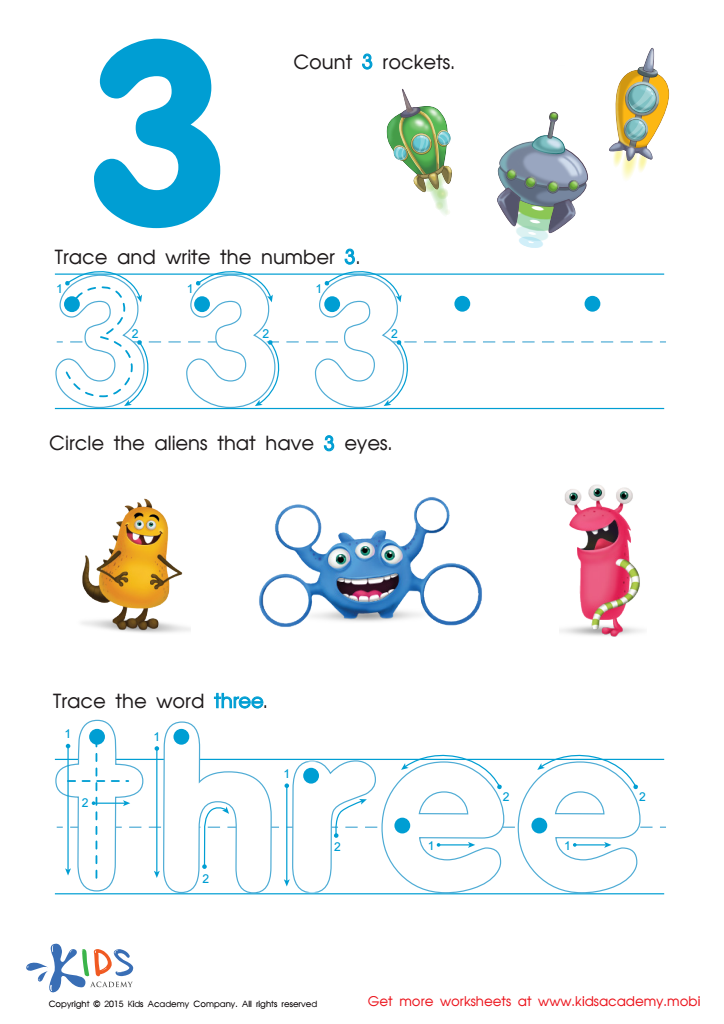

Learning Number Three Worksheet
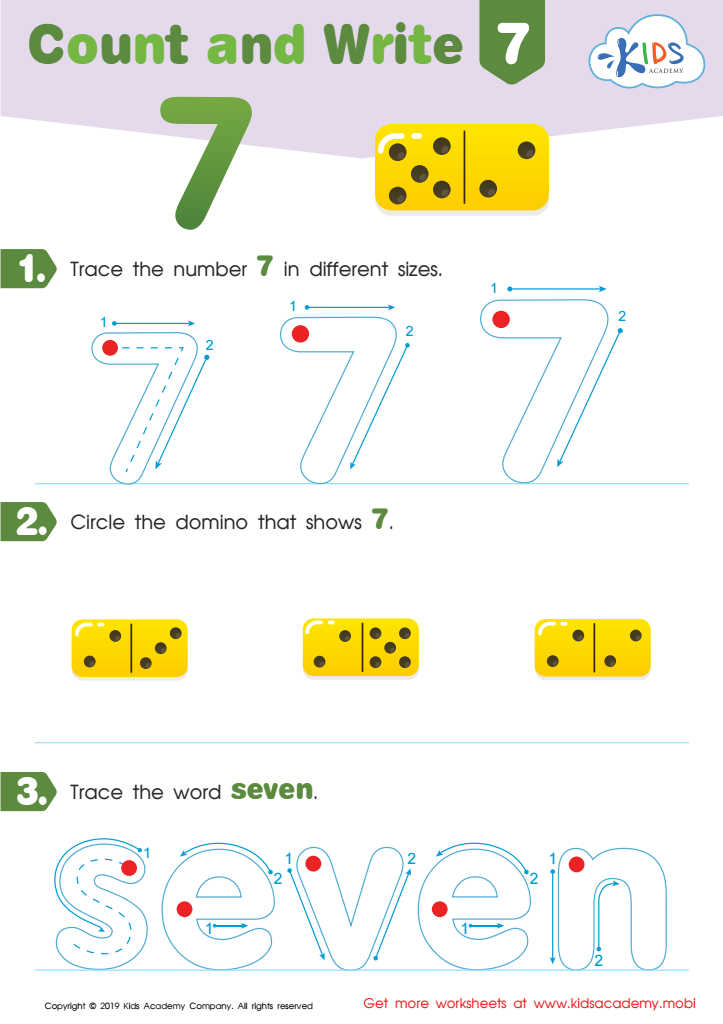

Count and Write 7 Worksheet
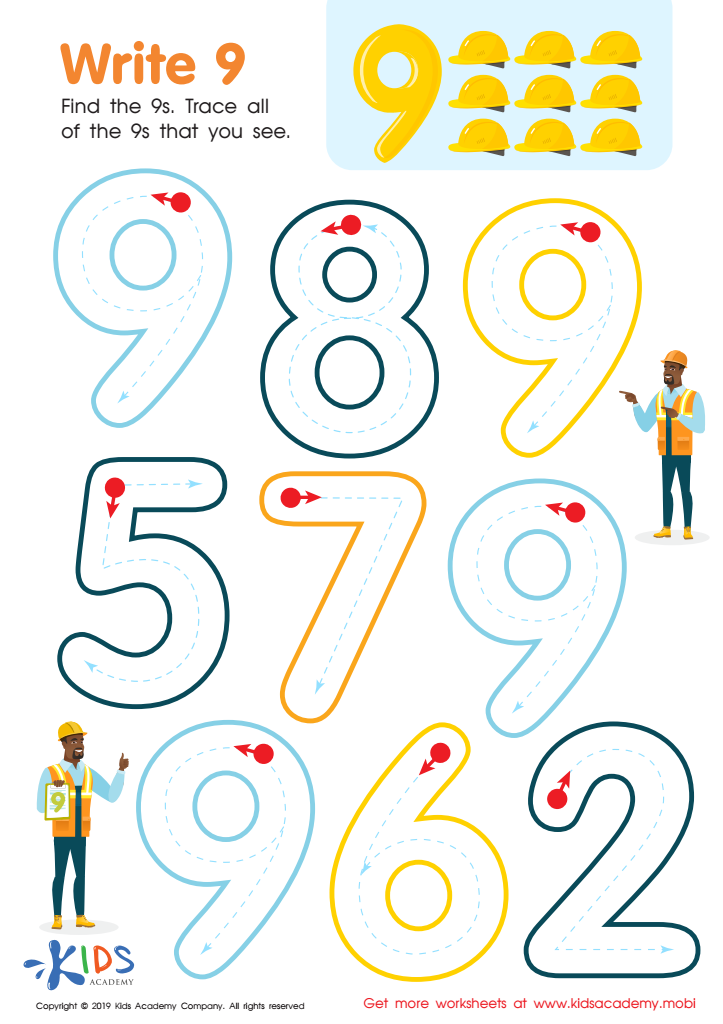

Write 9 Worksheet
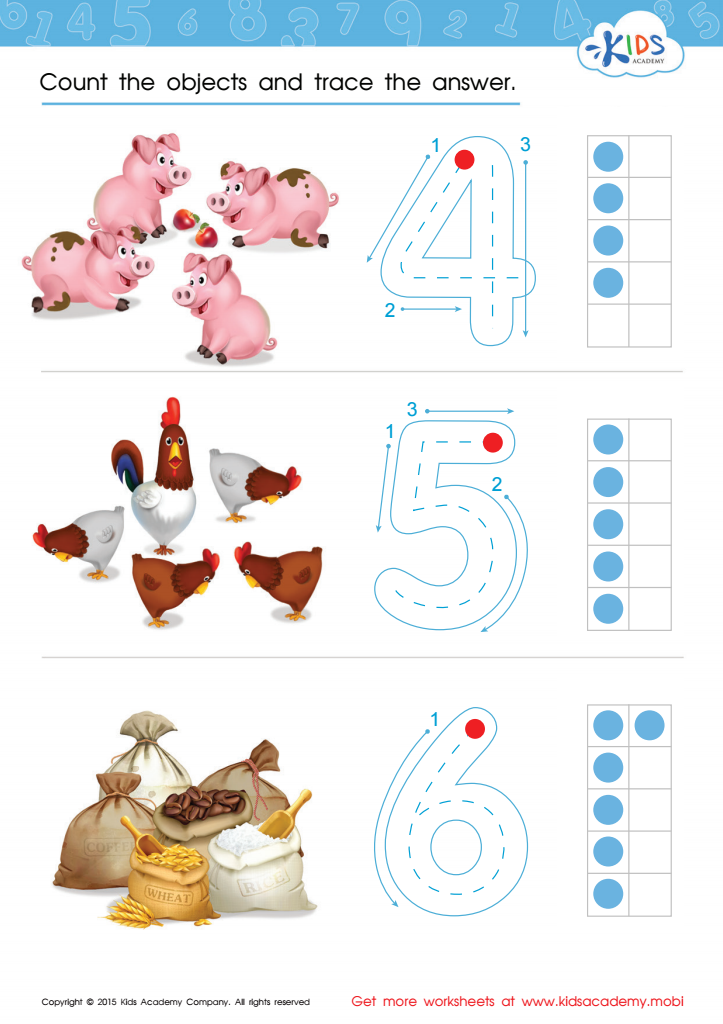

Count and Trace 4 – 6 Worksheet
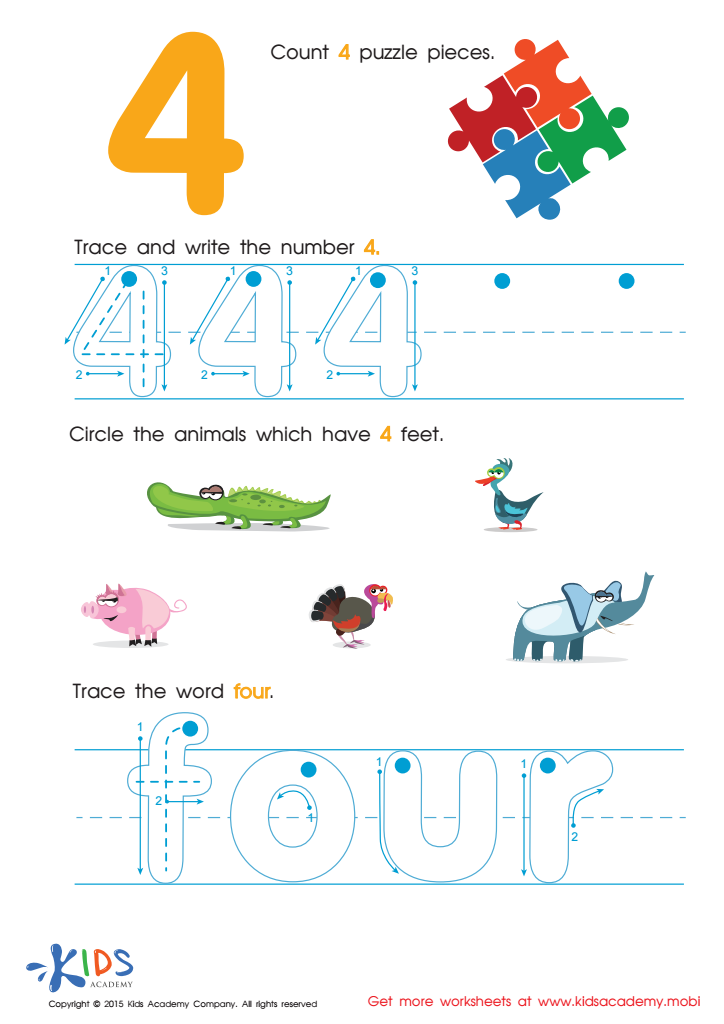

Teaching Children to Write Number 4 Worksheet
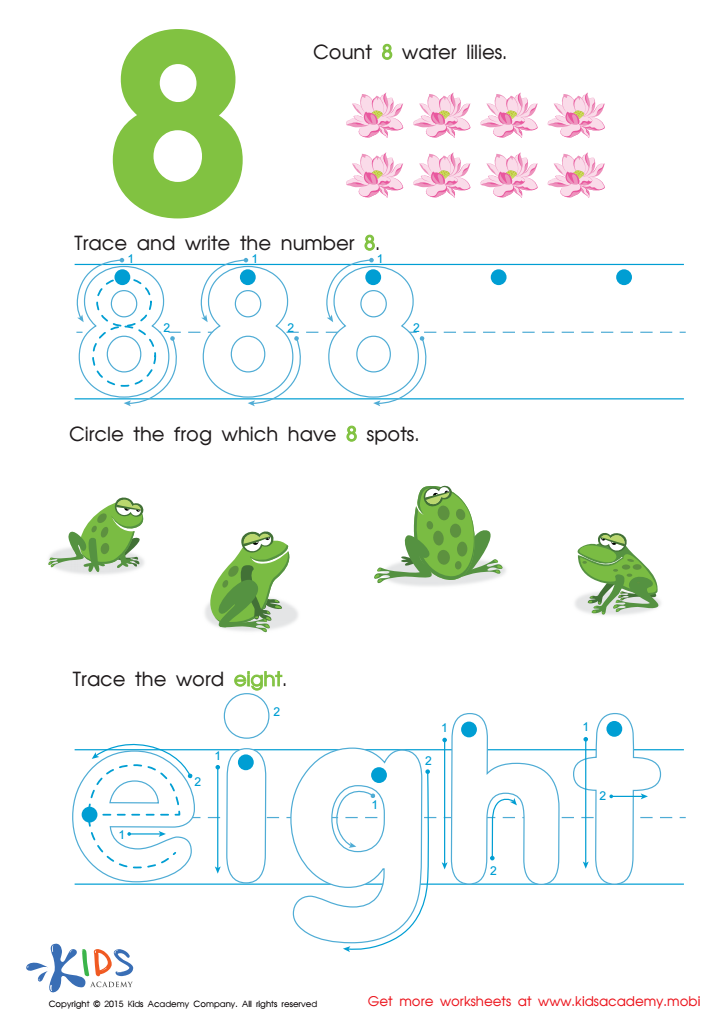

Learn Number 8 Easily Worksheet
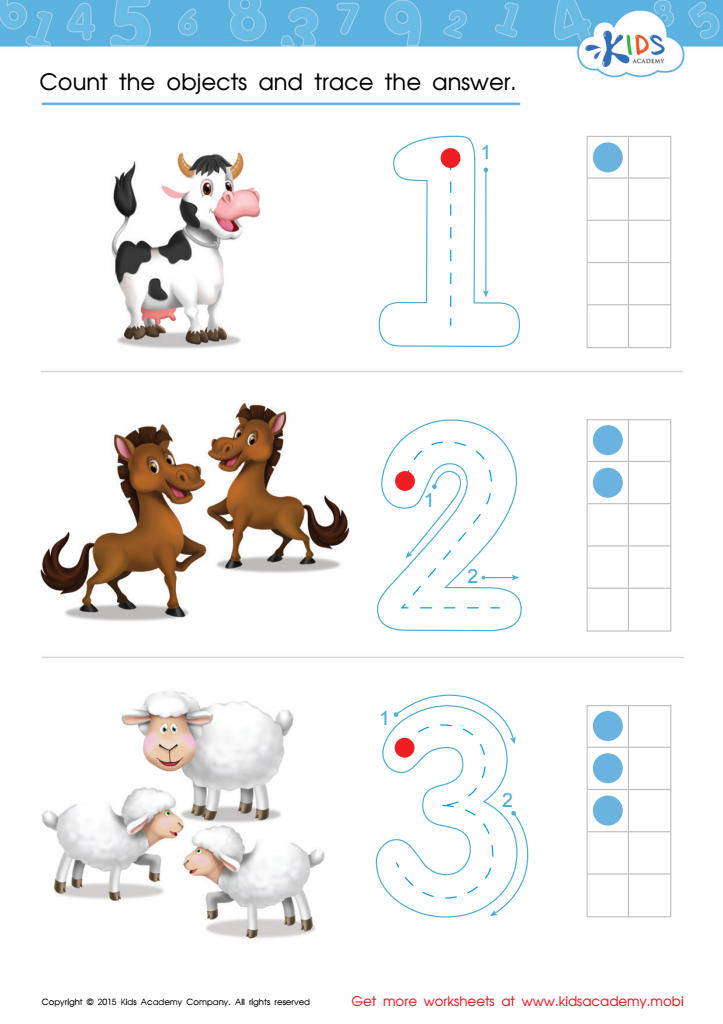

Count and Trace 1 – 3 Worksheet
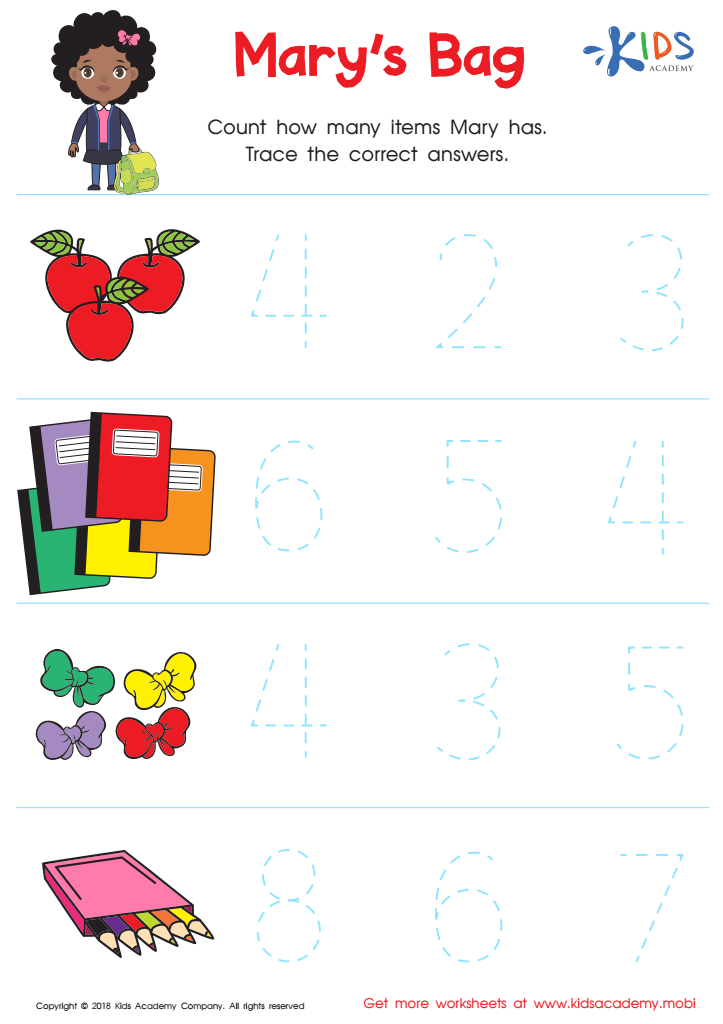

Kindergarten Number Tracing: Mary's Bag Worksheet
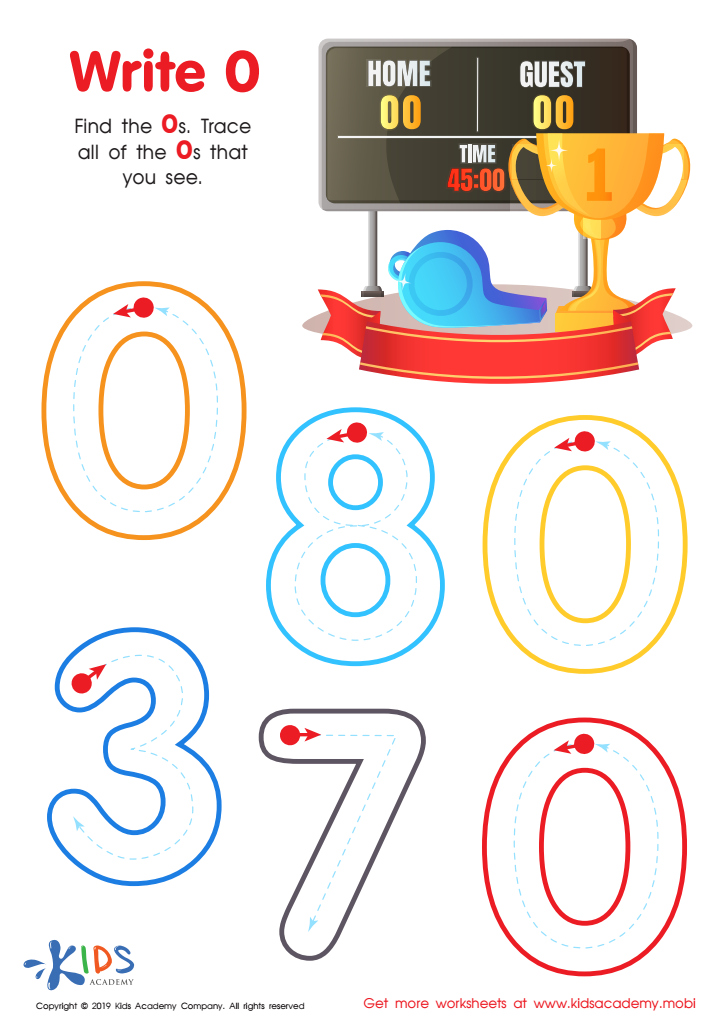

Write 0 Worksheet
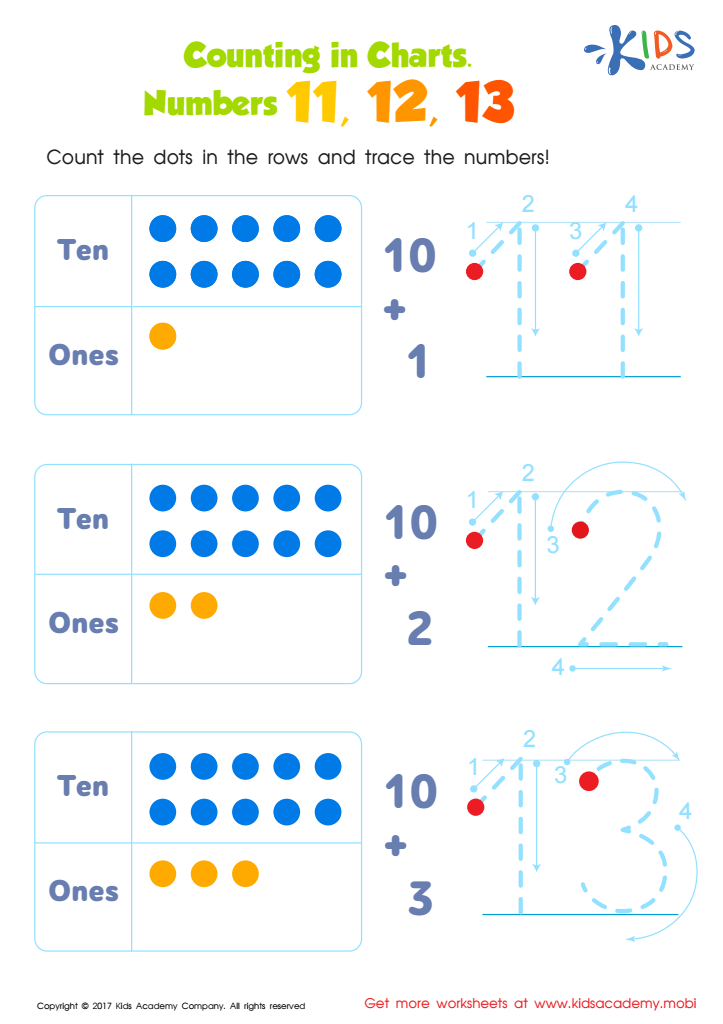

Number Tracing Worksheet For Kindergarten
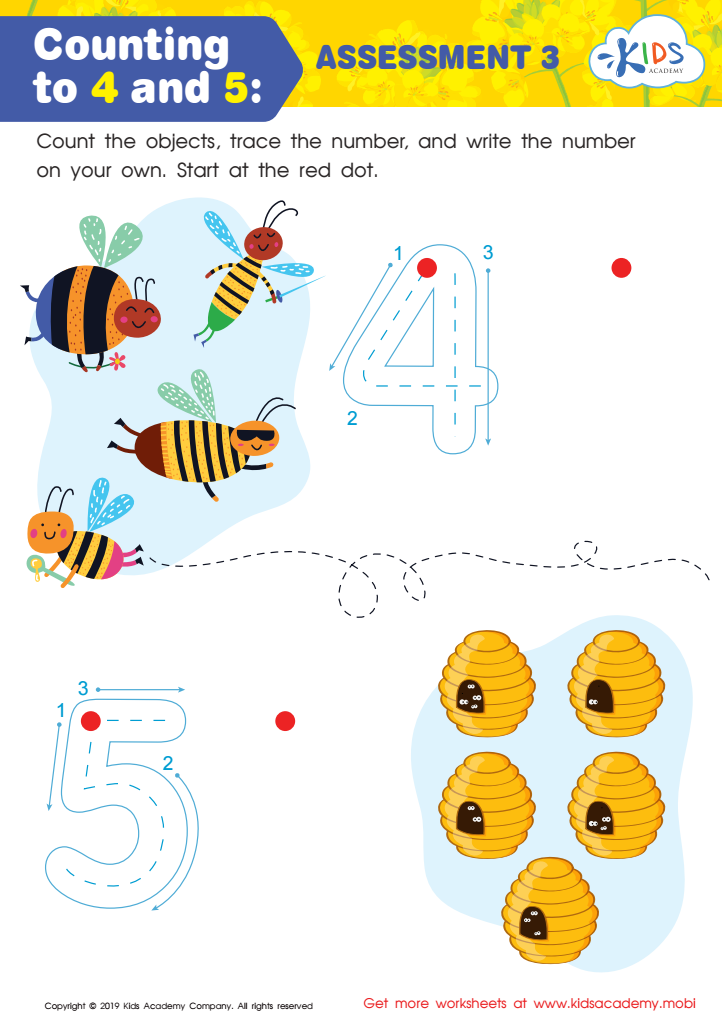

Counting to 4 and 5: Assessment 3 Worksheet
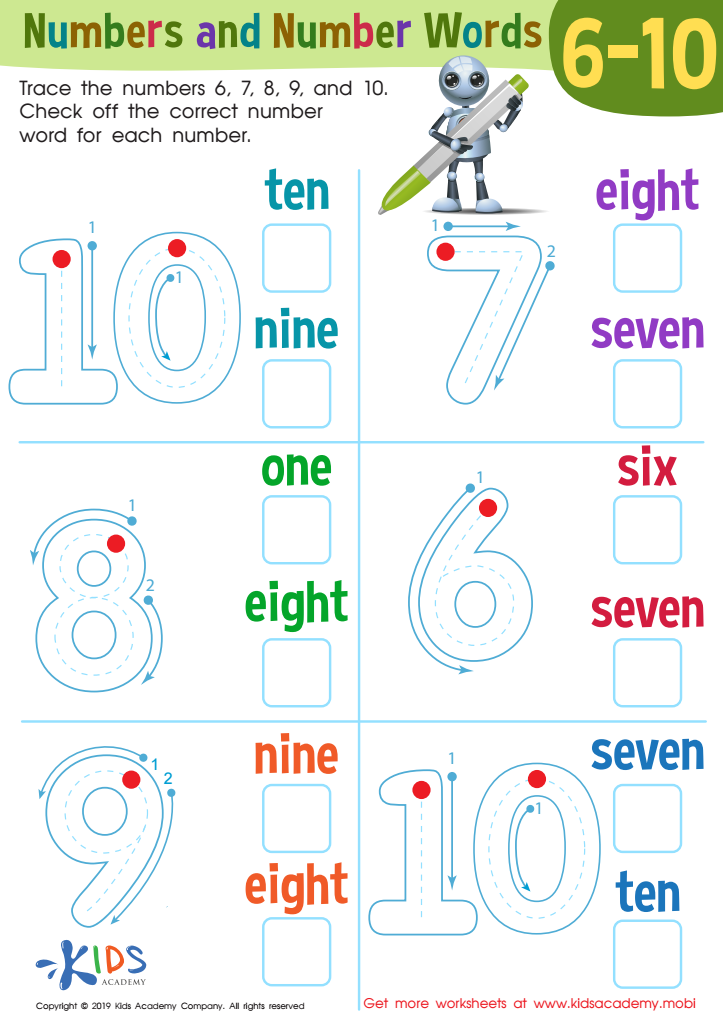

Numbers and Number Words 6–1 Worksheet
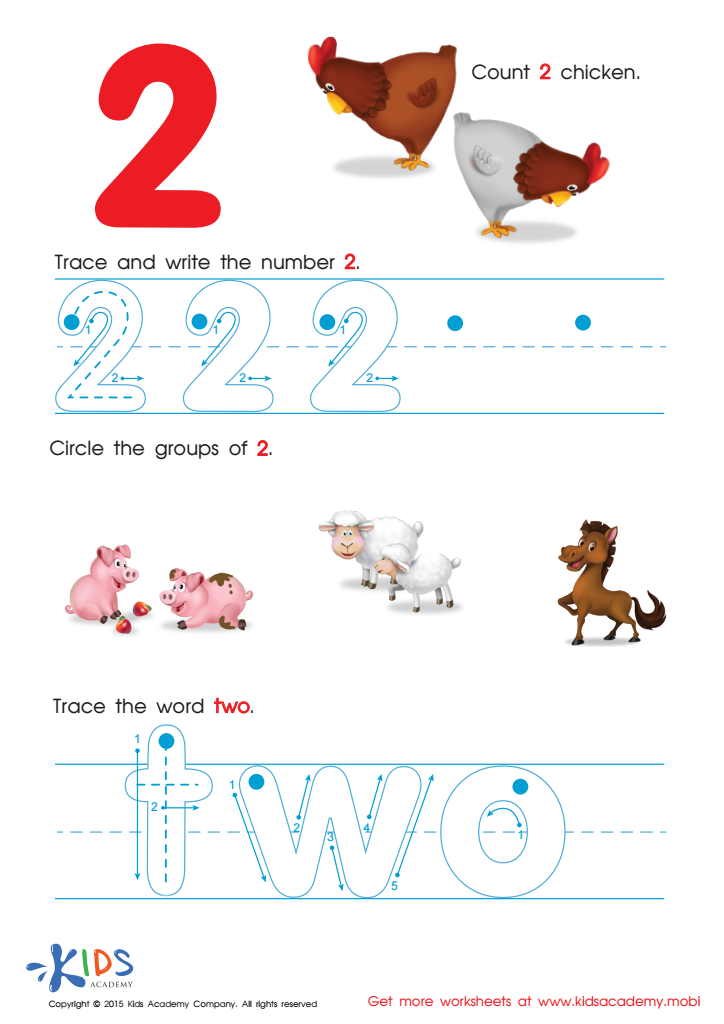

Learn to Write the Number 2 Worksheet
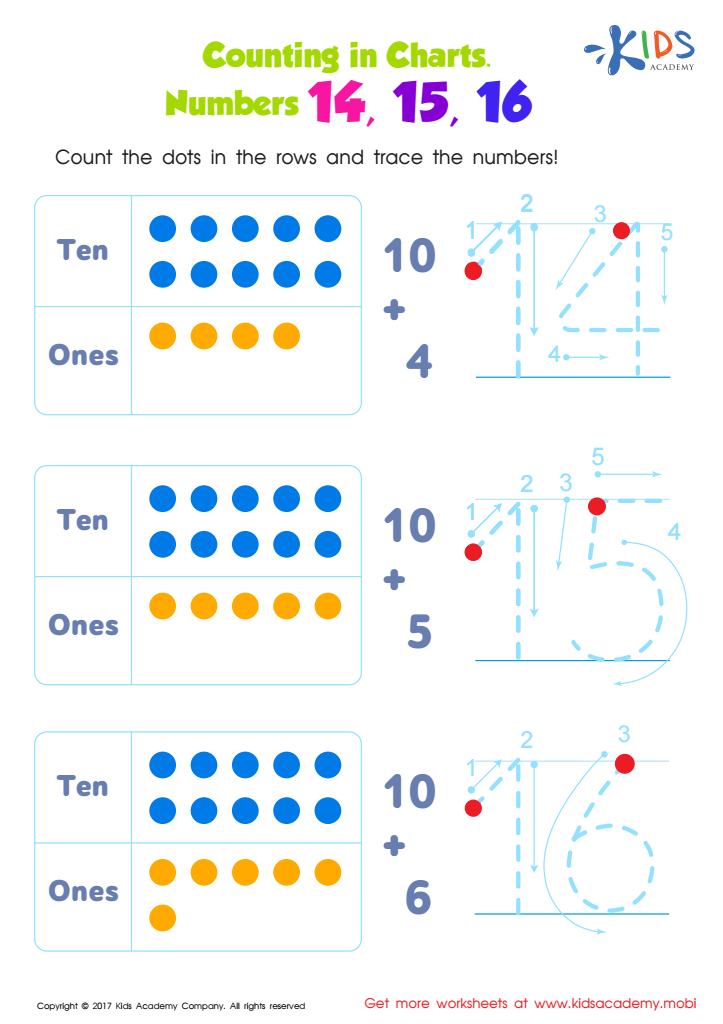

Number Tracing Worksheet
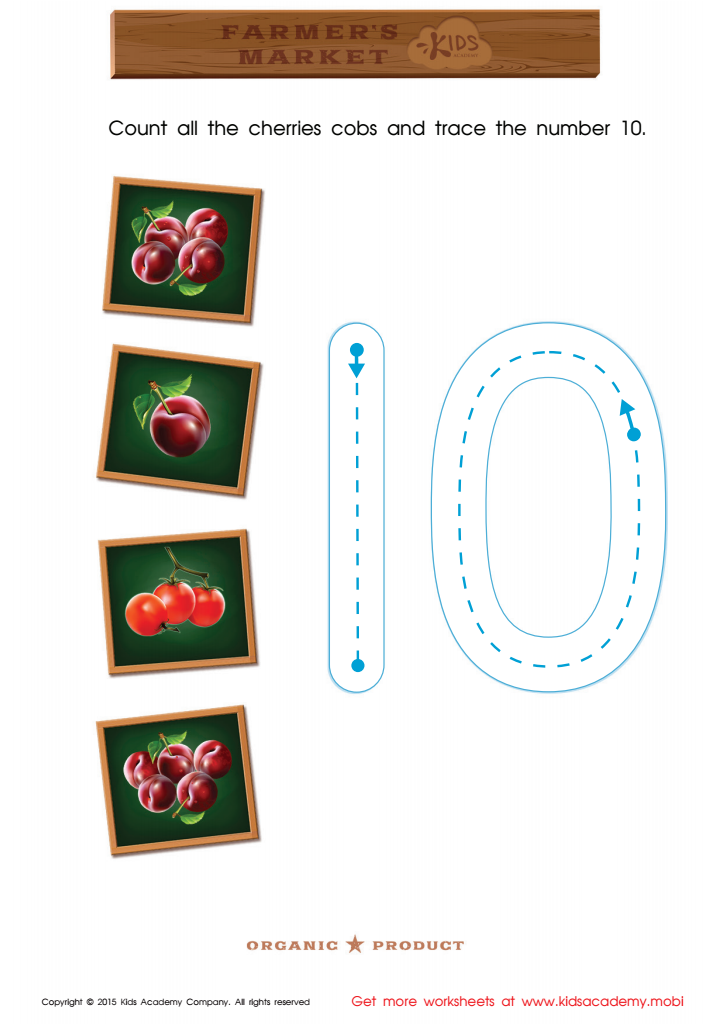

Count the Cherries and Trace the Number 10 Printable
Number recognition and tracing activities are essential learning tools for 4-year-olds, providing several development benefits. For parents and teachers, focusing on these skills early cultivates foundational numeracy competencies critical for future academic achievement. Recognizing numbers helps children understand quantities, begin simple counting, and grasp basic math concepts, laying the groundwork for more complex problems they'll encounter in school.
Tracing numbers introduces children to correct numeral formation, improving their fine motor skills and hand-eye coordination, which are necessary for writing. This activity also reinforces memory retention, enabling children to remember and identify numbers more easily. As they trace, children practice concentration and patience, enhancing their attention span and work habits.
Additionally, engaging in such structured activities helps in assessing a child’s development in a fun and supportive environment. It allows educators or parents to identify early learning struggles, providing an opportunity for timely intervention and tailored support.
Encouraging familiarity with numbers at an early age instills confidence and a positive attitude toward learning and mathematics. When children perceive numbers as fun and approachable, they are more likely to enjoy math later in life, ultimately aiding in their overall cognitive development and problem-solving abilities.
 Assign to My Students
Assign to My Students

